Quick Links
Our Next Steps Ambassa'Dore organization helps facilitate inclusive communities across campus. This commitment to inclusion is monumental. Ambassa'Dores and students collectively spend roughly 8,000-9,000 hours together each academic year!
These relationships facilitate the natural inclusion of our students in the campus community and provide an opportunity for reciprocal learning between diverse groups. Types of mentoring support include:
- Lunch partners - focus on social skills and healthy eating goals.
- Workout partners - help to increase stamina and establish safe exercise habits.
- Academic tutors - assist students with academic work and encourage good study habits.
- Daily planners - focus on organizational skills and completion of Next Steps program requirements (e.g. scheduling, journal).
- Campus Life Ambassa'Dores (CLA) - plan alongside students and participate in campus life opportunities together (e.g. football game, service project).
Ambassa'Dores attend training that serves as an orientation for new members and provides them with information about the students, the program, and strategies to support the students most effectively. Ongoing support from Next Steps staff is available to problem-solve any issues or challenges that may arise.
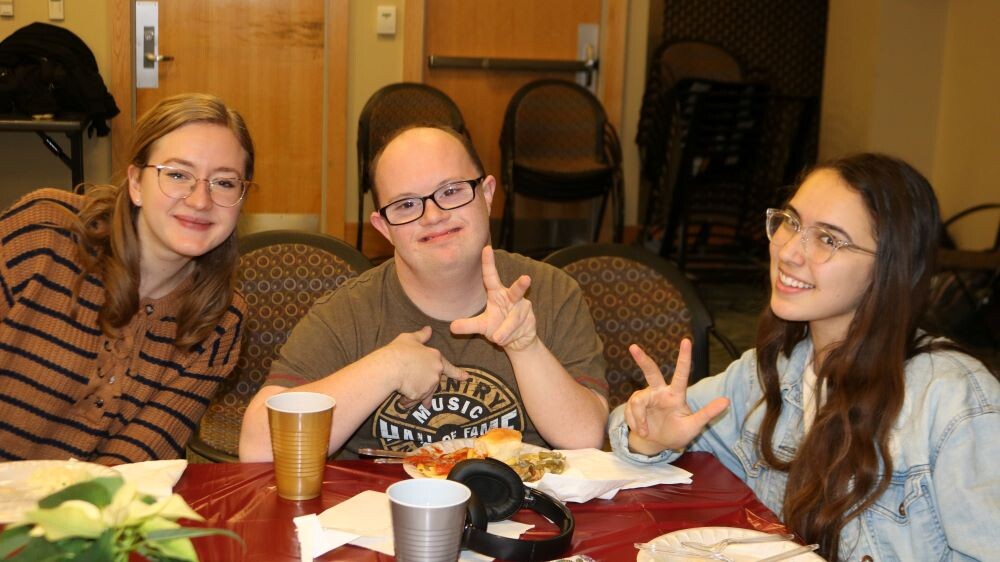
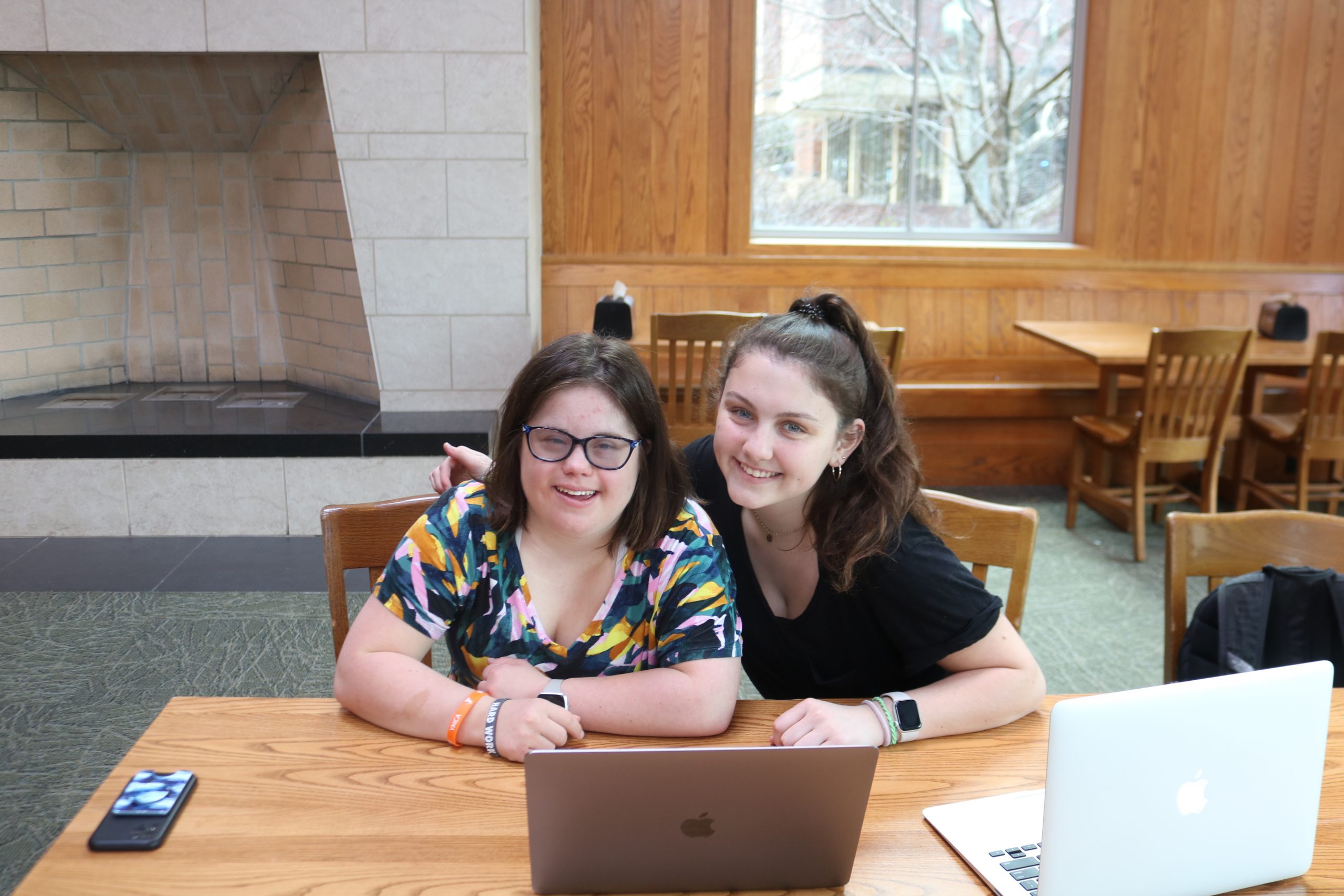
Ambassa'Dore Program Structure
Next Steps has become such a huge part of my life. I was excited to volunteer in the first place, but it's amazing how much it changed me. It is much more than just helping out our peers. These students really enhanced my Vanderbilt experience and have become my friends. All along I thought I'd be making a difference in their lives when in reality, they're making a difference in mine.
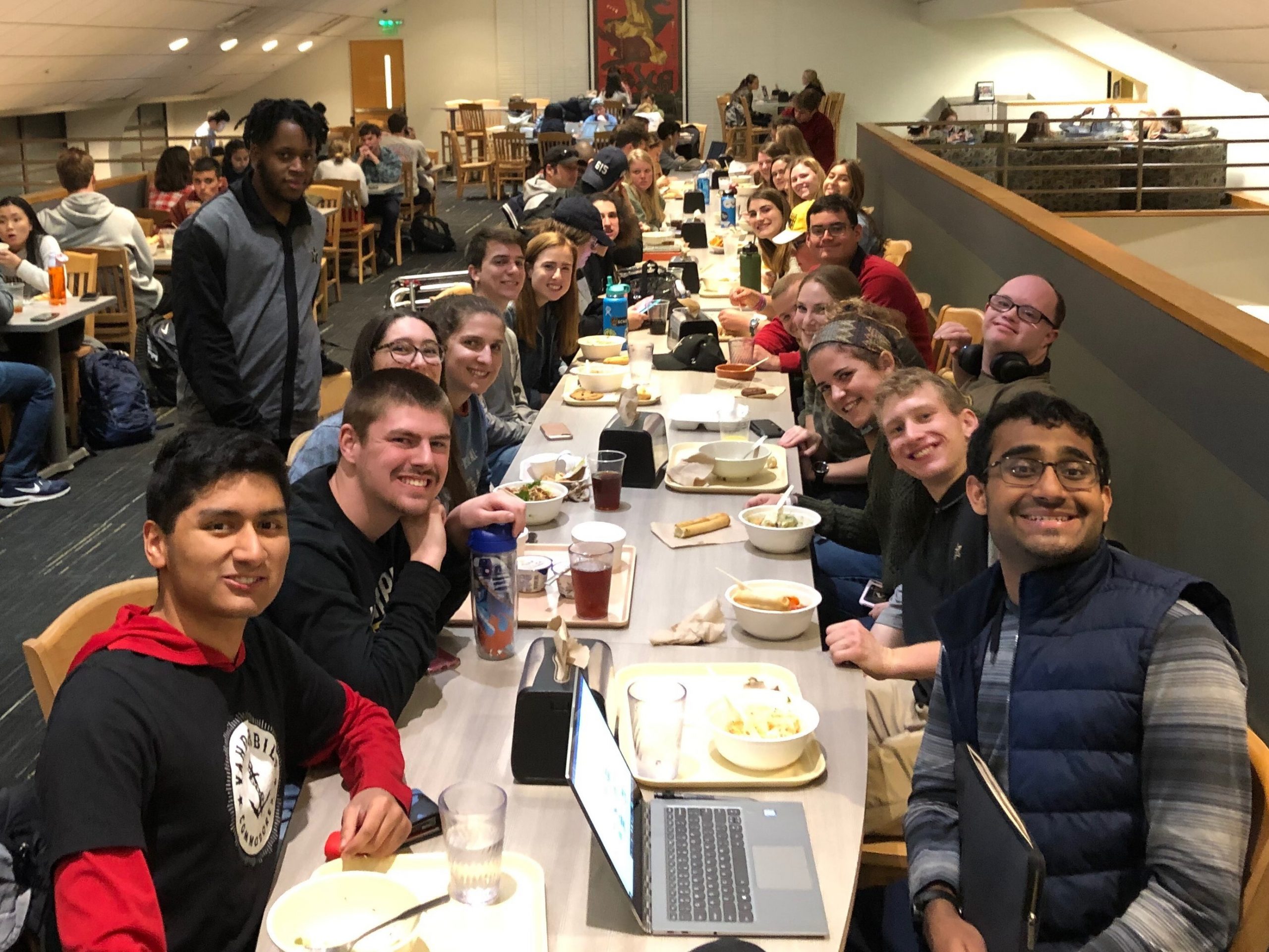
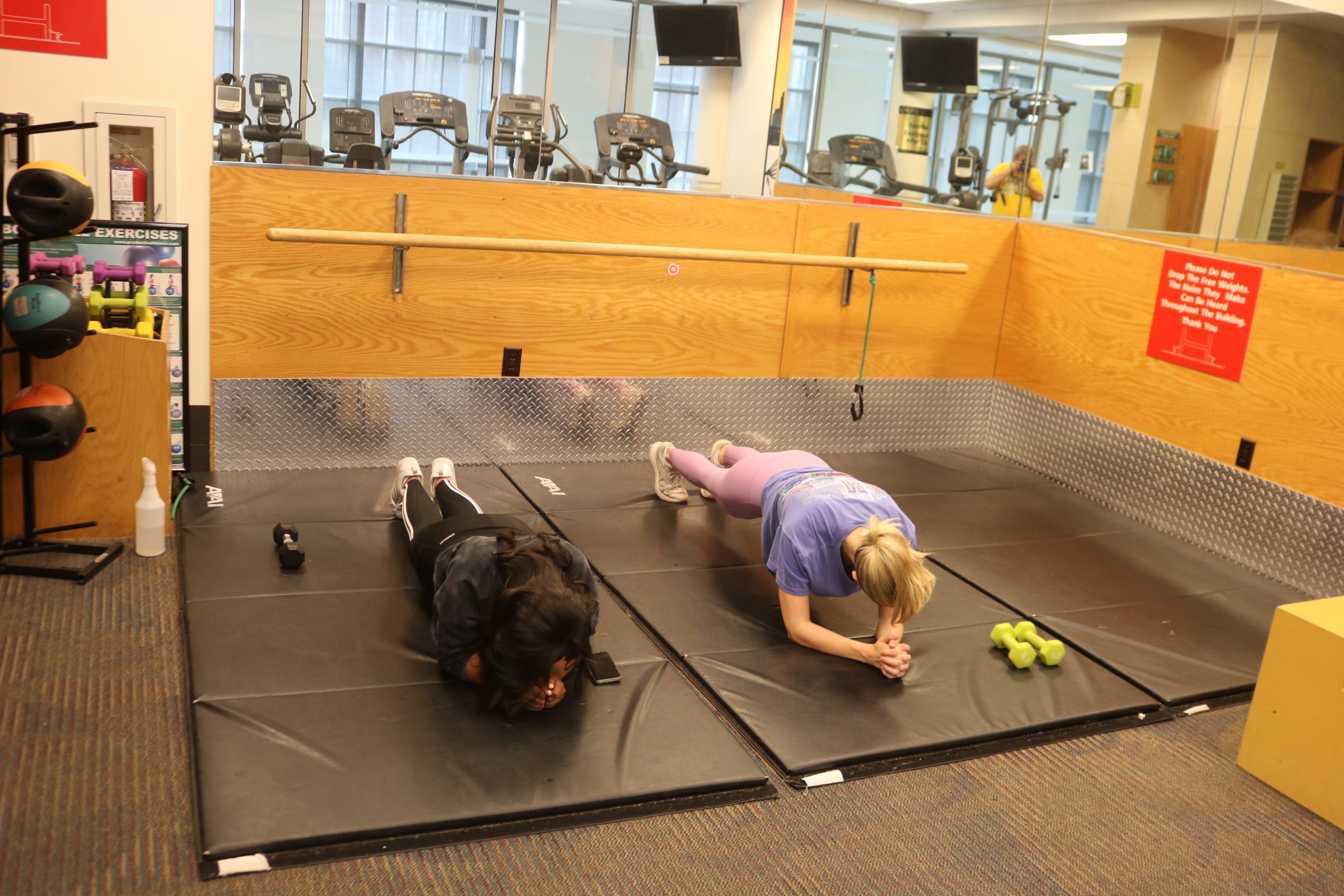
Next Steps has had a tremendous impact on me personally and in the Vanderbilt community. Being able to interact daily with the Next Steps students is something I cherish. They have made me a better person, and I think everyone would benefit greatly from becoming an Ambassa'Dore for Next Steps.
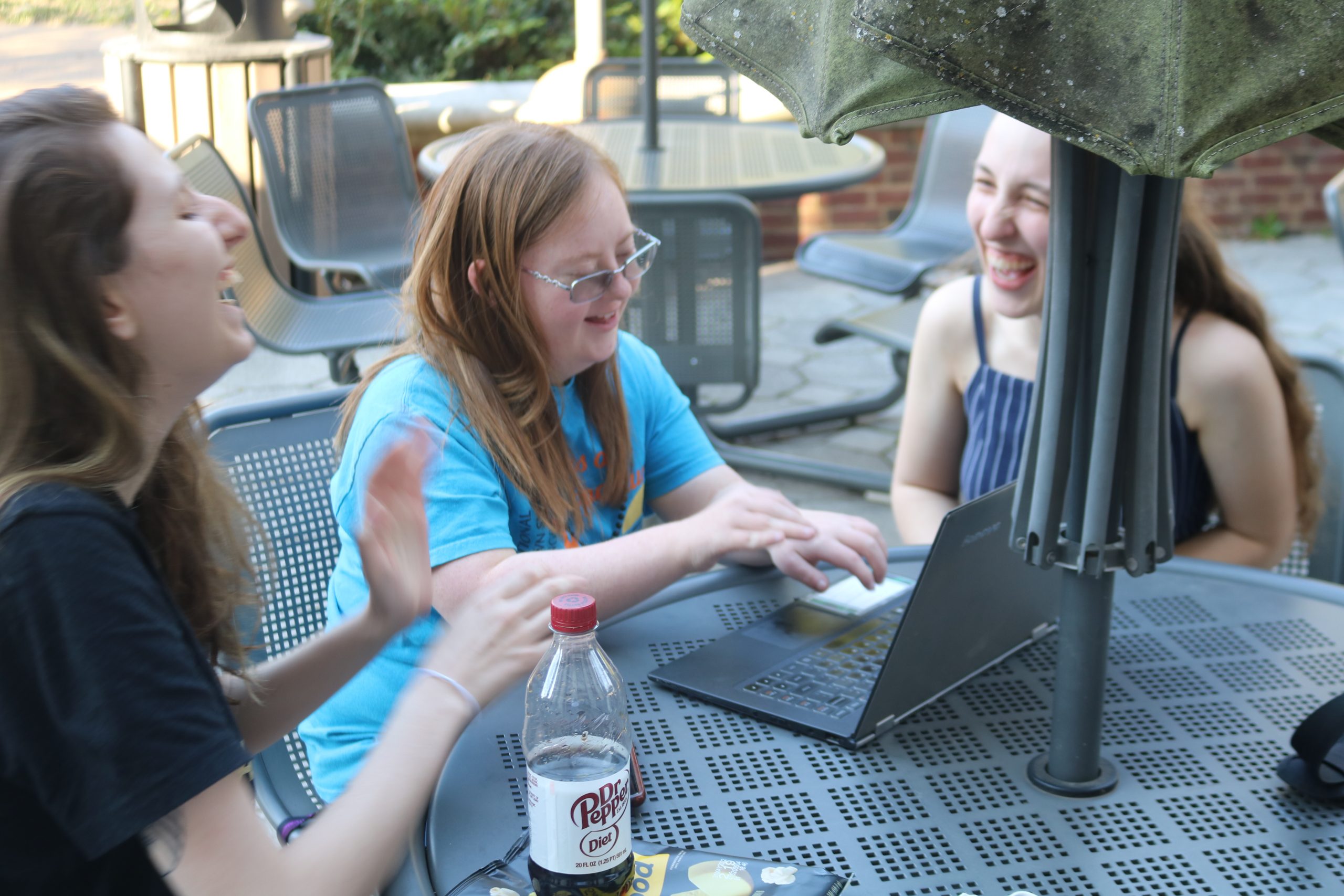
Being an Ambassa'Dore has been so much more than a weekly act of community service. I've gained a friend who's always there to tell me a story, cheer me up, and remind me that my upcoming paper really isn't as important as it seems. When the academic stress of Vanderbilt overwhelms me, my Next Steps student is there as a friend and as a respite.
Next Steps at Vanderbilt
Email: NextSteps@vanderbilt.edu
Phone: 1-615-322-3978
Instagram: https://www.instagram.com/nextstepsatvu/
Facebook: https://www.facebook.com/NextStepsatVU/
